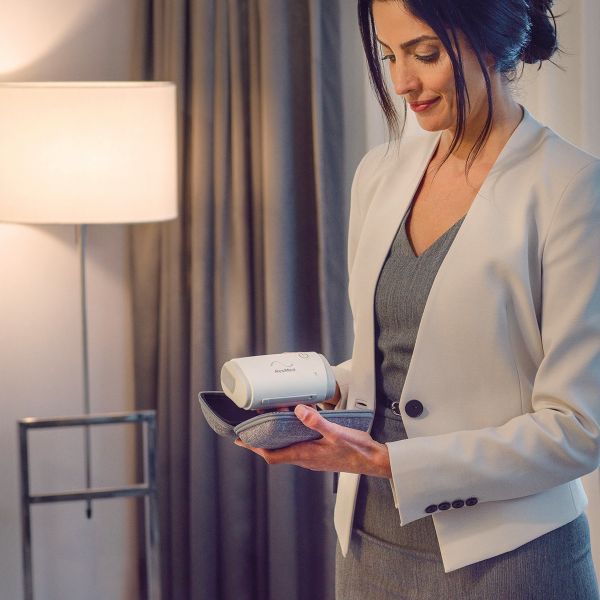Beyond Cpap Treatments
Beyond CPAP: New Sleep Apnea Treatments You Should Know About
For millions of people worldwide, CPAP (Continuous Positive Airway Pressure) therapy has been the go-to treatment for obstructive sleep apnea (OSA). However, many patients struggle with CPAP due to discomfort, mask leaks, or difficulty tolerating the air pressure. If you or a loved one are looking for alternative solutions, there’s good news—several new sleep apnea treatments have emerged that may offer effective relief without the need for a CPAP machine.
1. Hypoglossal Nerve Stimulation Implants
A groundbreaking option for OSA treatment is the hypoglossal nerve stimulation implant. Devices like the Inspire implant work by stimulating the hypoglossal nerve, which controls the tongue and upper airway muscles. This stimulation prevents airway collapse during sleep, allowing for normal breathing patterns.
How It Works:
-
A small device is surgically implanted in the chest, with a lead connected to the hypoglossal nerve.
-
The device is activated at night and delivers mild electrical pulses to keep the airway open.
-
Patients control the implant with a remote before going to sleep.
Who is a Good Candidate?
-
Adults with moderate to severe OSA who cannot tolerate CPAP therapy.
-
Individuals with a BMI below 35 (varies by medical guidelines).
-
Those who have undergone a sleep study to confirm airway obstruction patterns.
Pros:
-
No need for a mask or external equipment.
-
Silent operation without forced air.
-
High success rates in reducing apnea episodes.
Cons:
-
Requires surgical implantation.
-
Not suitable for all patients.
-
May not be covered by all insurance plans.
2. FDA-Approved Sleep Apnea Medication: Zepbound
A significant breakthrough in sleep apnea treatment is the FDA’s recent approval of Zepbound (Tirzepatide) for patients with moderate to severe OSA who also have obesity. This medication, originally developed for diabetes and weight loss, has shown promise in reducing apnea episodes by helping patients lose weight and improve airway stability.
How It Works:
-
Zepbound is an injectable medication that targets hormones involved in appetite regulation and metabolism.
-
Weight loss associated with the drug helps reduce fat deposits in the throat, which can contribute to airway obstruction.
-
Studies have shown significant improvement in sleep apnea severity among patients taking the drug.
Who is a Good Candidate?
-
Adults with a BMI of 30 or higher who have been diagnosed with moderate to severe OSA.
-
Those who struggle with CPAP adherence and have weight-related airway issues.
Pros:
-
Non-invasive and easy to use.
-
Also benefits overall health by promoting weight loss.
-
Can significantly reduce apnea episodes and improve sleep quality.
Cons:
-
Requires ongoing medication use.
-
Potential side effects such as nausea, diarrhea, and changes in appetite.
-
May not be covered by all insurance providers for sleep apnea treatment.
3. Other Emerging Treatments
In addition to nerve stimulation implants and medications, researchers continue to explore other innovative solutions for sleep apnea, including:
-
Oral Appliances: Custom dental devices that reposition the jaw and tongue to keep the airway open.
-
Positional Therapy: Specialized devices that prevent sleeping on the back, reducing airway collapse.
-
Weight Loss Surgery: For individuals with severe obesity, bariatric procedures can significantly improve OSA symptoms.
-
Epilepsy Drug Research: Studies are exploring the potential of epilepsy medications in reducing apnea events by altering brain signaling related to breathing.
Final Thoughts
If CPAP therapy isn’t working for you, these emerging treatments offer promising alternatives. From hypoglossal nerve stimulation implants to the newly approved Zepbound medication, patients now have more choices than ever for managing sleep apnea effectively. Talk to your doctor or a sleep specialist to determine the best treatment for your needs, and take control of your sleep health today!
Are you considering an alternative to CPAP? Let us know your thoughts in the comments below!
